
Introducing solid foods to your baby is an exciting milestone in their development, but it can also be a confusing and stressful time for parents. Here are some tips and advice to help you introduce solid foods to your baby safely and appropriately. Remember to introduce solid foods gradually and watch for signs of allergic reactions or digestive problems. And most importantly, enjoy this exciting milestone in your baby's development!
Know When Your Baby is Ready
Most babies are ready to start eating solid foods around six months of age. Signs that your baby is ready include sitting up with support, showing interest in food, and being able to hold their head steady. It's important to wait until your baby is ready before introducing solid foods, as introducing them too early can increase the risk of choking and digestive problems.
Start with Simple, Nutritious Foods
Introduce Allergenic Foods Carefully
Introducing allergenic foods such as peanuts, eggs, and dairy is an important part of your baby's diet, as it can help prevent food allergies. However, it's important to introduce these foods carefully to reduce the risk of an allergic reaction. Start with a small amount of the allergenic food, and watch for any signs of an allergic reaction such as hives, vomiting, or difficulty breathing.
Offer Finger Foods
Offering finger foods such as small pieces of soft fruits or cooked vegetables can help your baby develop their fine motor skills and encourage self-feeding. It's important to supervise your baby closely when they are eating finger foods to reduce the risk of choking.
Pay Attention to Texture
When introducing solid foods to your baby, it's important to pay attention to the texture. Start with pureed foods and gradually introduce foods with more texture, such as mashed or finely chopped foods. This can help your baby develop their chewing and swallowing skills.
Continue to Breastfeed or Formula Feed
Solid foods should be introduced gradually and should not replace breastmilk or formula as the main source of nutrition for your baby. Continue to breastfeed or formula feed your baby as usual, and offer solid foods as a supplement to their diet.
Timing is Key
Choose a time when your baby is alert and not too hungry or tired to introduce solid foods. It's also a good idea to choose a time when you have plenty of time to sit with your baby and focus on their feeding.
Be Patient
Introducing solid foods can be a slow process, and your baby may not take to it right away. Don't worry if your baby doesn't seem interested in solid foods at first - it can take several tries before they start to enjoy them. Keep offering small amounts of food and be patient.
Avoid Certain Foods
There are some foods that should be avoided when introducing solid foods to your baby. These include honey, which can cause botulism in babies under one year of age, and choking hazards such as popcorn, nuts, and raw carrots. It's also important to avoid foods that are high in salt, sugar, or fat.
Stay Hydrated
When introducing solid foods, it's important to make sure your baby stays hydrated. Offer water in a sippy cup or bottle with meals, and continue to breastfeed or formula feed your baby as usual.
Introducing solid foods to your baby can be a fun and exciting time, but it's important to do it safely and appropriately. By following these tips and advice, you can help your baby develop healthy eating habits that will last a lifetime. If you have any concerns about introducing solid foods to your baby, speak to your healthcare provider.
The above content comes from the Internet and is not a professional authoritative opinion on parenting, it is for reference only.


-400x400.jpg)
-400x400.jpg)
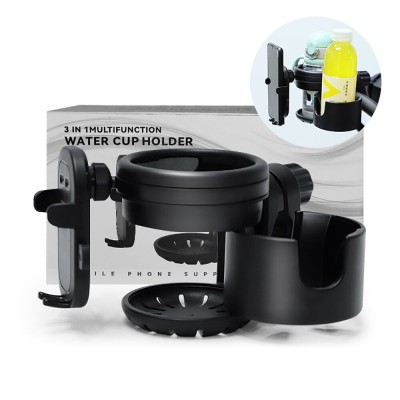
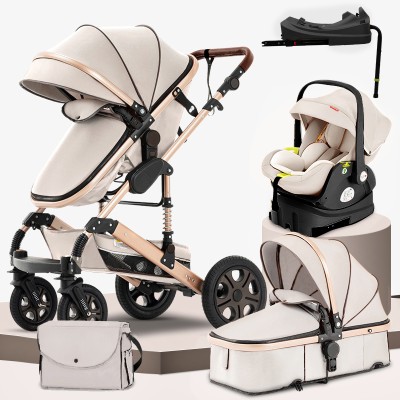

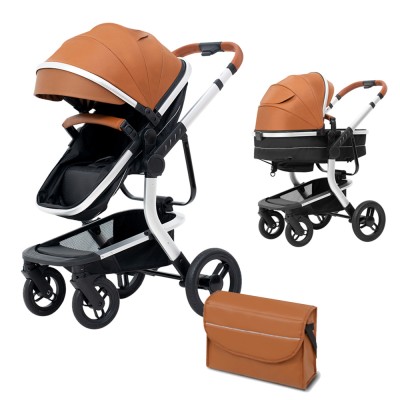
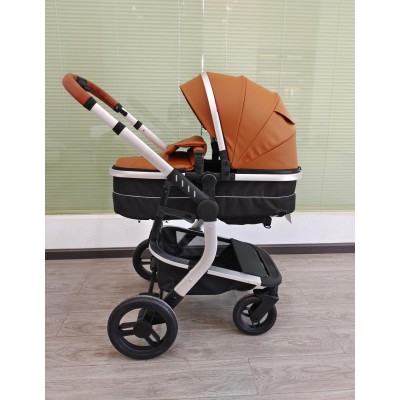
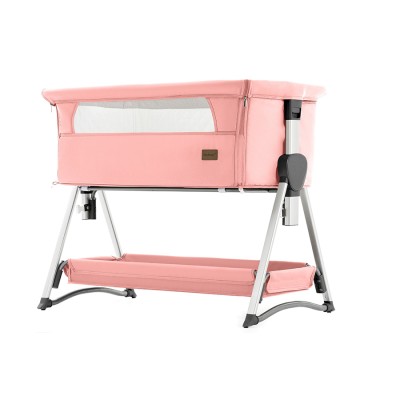
-400x400.jpg)
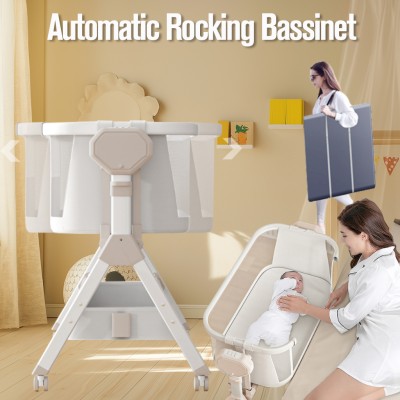
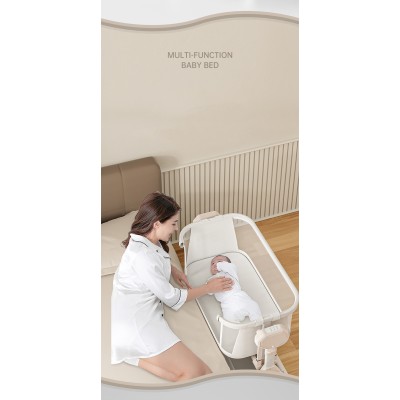
-400x400.jpg)
-400x400.jpg)
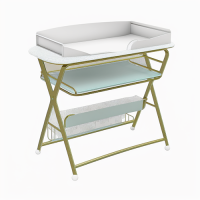
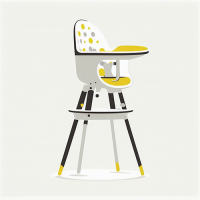


33-400x400.jpg)
23-400x400.jpg)
-400x400.jpg)
-400x400.jpg)
-400x400.jpg)
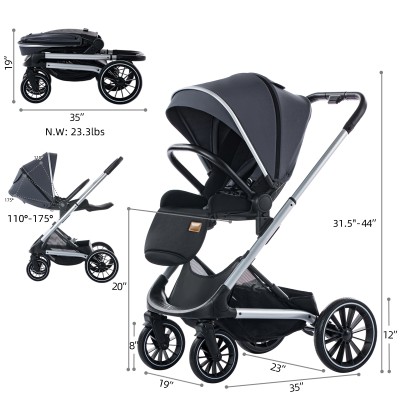
-400x400.jpg)
-400x400.jpg)
-400x400.jpg)
-400x400.jpg)

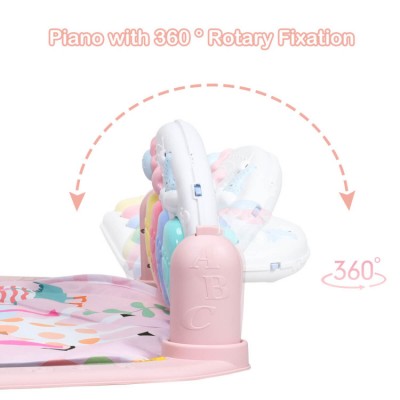
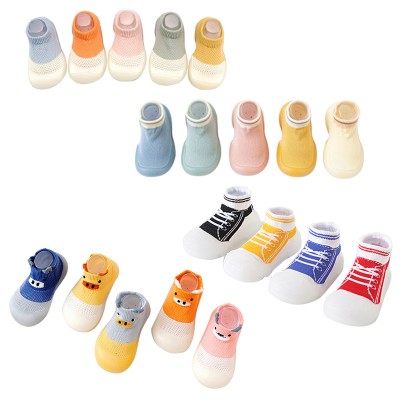
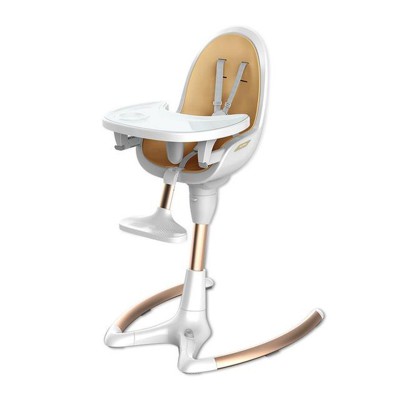
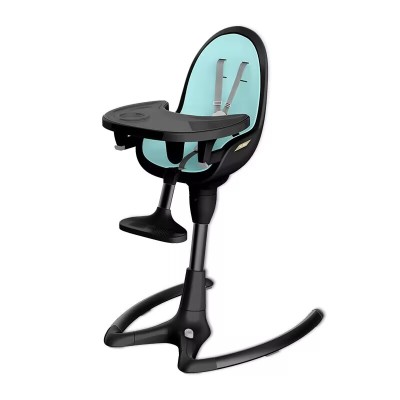
-400x400.jpg)
-400x400.jpg)
-400x400.jpg)
-400x400.jpg)




-400x400.jpg)
-400x400.jpg)
-400x400.jpg)
-400x400.jpg)
-400x400.jpg)
-400x400.jpg)
Leave a Comment